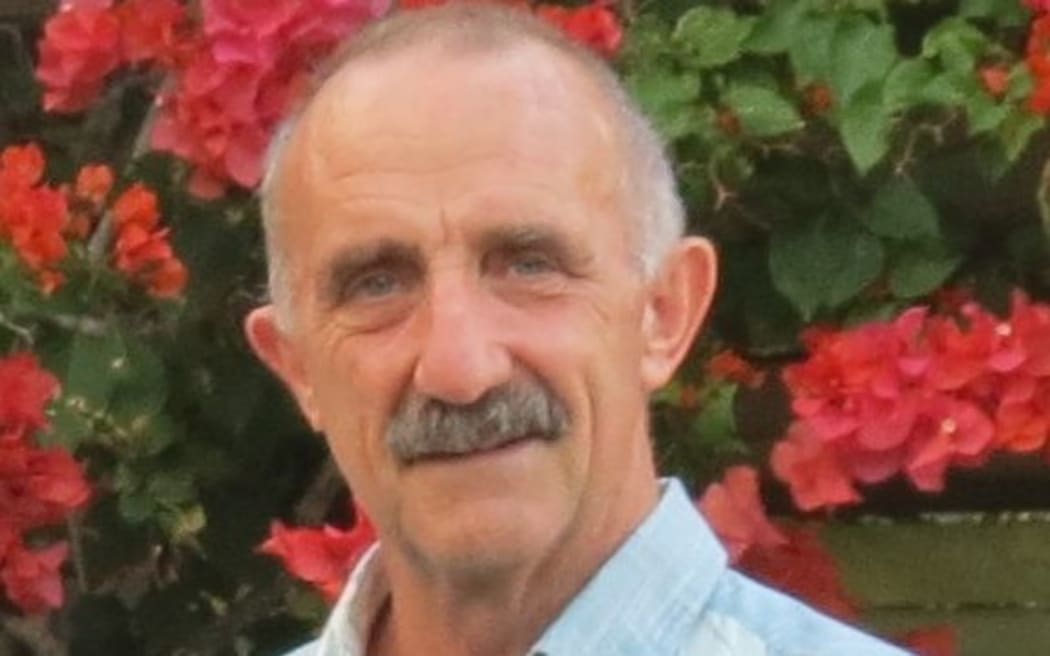The Far North District Council is hailing a new rates model as a game changer and says it will slash the tens of millions of dollars owed by Māori.
It has been charging around twice the amount for rates on multiple-owned Māori land, compared to land owned by individuals and said the new structure created a level playing field.

John Carter. Photo: Leonie Carter
Figures obtained by Te Manu Korihi show Māori in the Far North owe nearly $30 million which amounts to two thirds of the district council's total rates arrears.
The new model writes off previous rates debt and recalculates rates, so that a block of land owned by many people is rated in the same way as single owners of a block of land.
The Far North District Council mayor said the current system did not work, with landowners of unproductive land accumulating massive debt.
John Carter said his idea was a game changer.
"You think of the volume of land that we have up here that is Māori land and particularly multiple-owned: we had to do something, because it was a problem and an issue for the land owners, it was a problem for the community, it was a handbrake on us.
"Part of the problem is that the issue's never been faced up to by council."
Mr Carter said there were thousands of hectares of unused multiple-owned Māori land across the Far North, and by writing off previous rates debt and recalculating rates fairly, the council was getting revenue it had never had before.
He said those owners end up owing twice as much single owners.
"Because there's no benefit to anybody the land's not utilised, so there's no productivity on it, so the owners find the debt accumulates and that becomes a barrier in itself. Secondly, when we compared a general block of land with a multiple-owned block, like for like, 100 hectares each, the general land will be valued as one block, for example $1000, so it gets rates of $100 on it, plus one uniform annual charge of $200.
"The same size Māori-owned multiple land, because it's in multiple blocks, for example 10, it has a different value and it ends up being twice as much as the general one. So instead of $1000 it's worth $2000 in the valuation.
"Instead of getting one uniform annual charge, it gets 10 charges, instead of the rates being $200 they're $500, it's not fair nor just.
"An example of land that we've settled: whereupon it had arrears of $168,000 - those got dismissed. The rates that were being levied were $18,900. We reduced them down to a comparable like-for-like and $7,800 was the assessment and two days after we sent the rate demand out we got a cheque."
The mayor said the district council worked with the owners to find ways to utilise the land, such as leasing it to nearby farmers.
"We worked with the trustees [of the multiple-owned land] from a spiritual, cultural and financial perspective - we helped them with leasing the land to the neighbouring farmer so the owners first of all got benefit, secondly, the community got benefit because the farmer was farming it, he got benefit and so did the community, because we got productivity and thirdly, as a derivative, the council got a contribution towards its infrastructure so the community benefited - nobody lost, everybody was a winner."
Des Mahoney owns blocks of land along with more than 200 others.
He praised Mr Carter as the first mayor to sit down with Māori to try to find a solution.
"This year we're going to see our lease go from $13,000 to $30,000 plus rates. Never before last year had our box [postal] been receiving that sort of revenue.
"They [the owners] were just getting the token rate paid. Because we don't have that rate burden any longer, we're able now to go out there and get market value leases for our land which will allow us to do fencing and other work which has been neglected for 30-odd years."
He said everyone benefited.
"It's a win-win situation for the owners, it's a win-win for the Far North District Council, and at the same time we're going to clean up the waterways, so the regional council is going to benefit from it as well."
The president of Local Government New Zealand, Lawrence Yule, agreed the structure works for the Far North Council.
"It deals with an issue. It effectively puts a line in the sand saying 'we're never going to get this money anyway so why don't we come up with a new structure.
"We'll start from a new base. We'll incentivise effectively some different uses and some different operations of properties that allows an economic base to be developed where people can actually pay their rates'."
Mr Yule said he would encourage other councils with similar problems to look at the Far North model.




